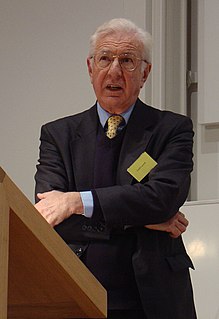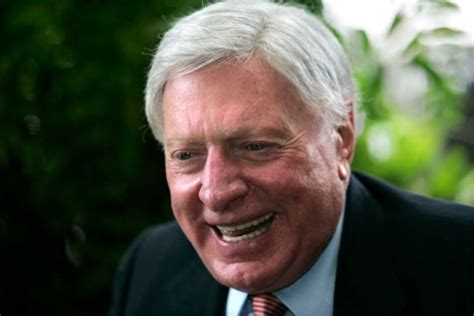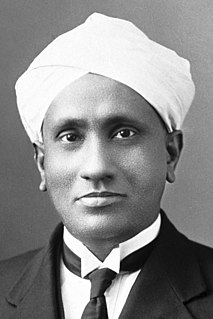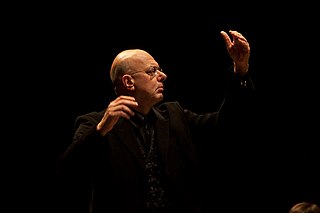A Quote by Frank H. T. Rhodes
Combining the experience of a seasoned university president with the analysis of a respected legal scholar, Derek Bok explores what he concludes are 'signs of excessive commercialization in every part of the university.' His somber assessment of the current state of athletics, scientific research, and distance education, and his call for review and restraint, should engage the attention of every faculty senate in the country. He has given us a timely, candid, courageous, and important book.
Quote Topics
Analysis
Assessment
Athletics
Attention
Book
Call
Candid
Combining
Commercialization
Country
Courageous
Current
Current State
Distance
Education
Engage
Every
Excessive
Experience
Faculty
Given
His
Important
Legal
Part
President
Research
Respected
Restraint
Review
Scholar
Scientific
Scientific Research
Seasoned
Senate
Should
Signs
Somber
State
Timely
University
Us
Related Quotes
The current siege on higher education, whether through defunding education, eliminating tenure, tying research to military needs, or imposing business models of efficiency and accountability, poses a dire threat not only to faculty and students who carry the mantle of university self-governance, but also to democracy itself.
I am delighted that Jason Gardener will be taking over from me as President of U.K. Athletics. With his competitive background in the sport as an Olympic champion coupled with his engaging personality and his experience as a board member of U.K. Athletics, he possesses all the qualities required to be a successful president.
I have always thought it a great privilege to have as my colleague in the Palit Chair of Chemistry such a distinguished pioneer in scientific research and education in Bengal as Sir Prafulla Ray. It has been invariably my experience that I could count on his cooperation and sympathy in every matter concerning my scientific work.
If every university president said, 'The revenue producing sports: basketball, football - potentially revenue producing at most universities - maybe in a few cases women's basketball, if every one of them had a monitor that reported directly to the university president and no 'student-athlete' ever gets into this college or university who could not plausibly be admitted if we did not have a football or basketball team, end of problem. It won't happen because it's like unilaterally disarming. You know your opponent won't do it and then you'll get crushed in every game, but it's a simple thing.
It is fitting that the Government of the United States should assume the obligation of the establishment and maintenance of a first-class university for the education of colored menand I wish to put in this caveatthat the colored race today, all of them, would be better off if they all had university education.... Of course, the basis of education of the colored people is in the primary schools and in industrial schools.... In those schools must be introduced teachers from such university institutions as this.
































